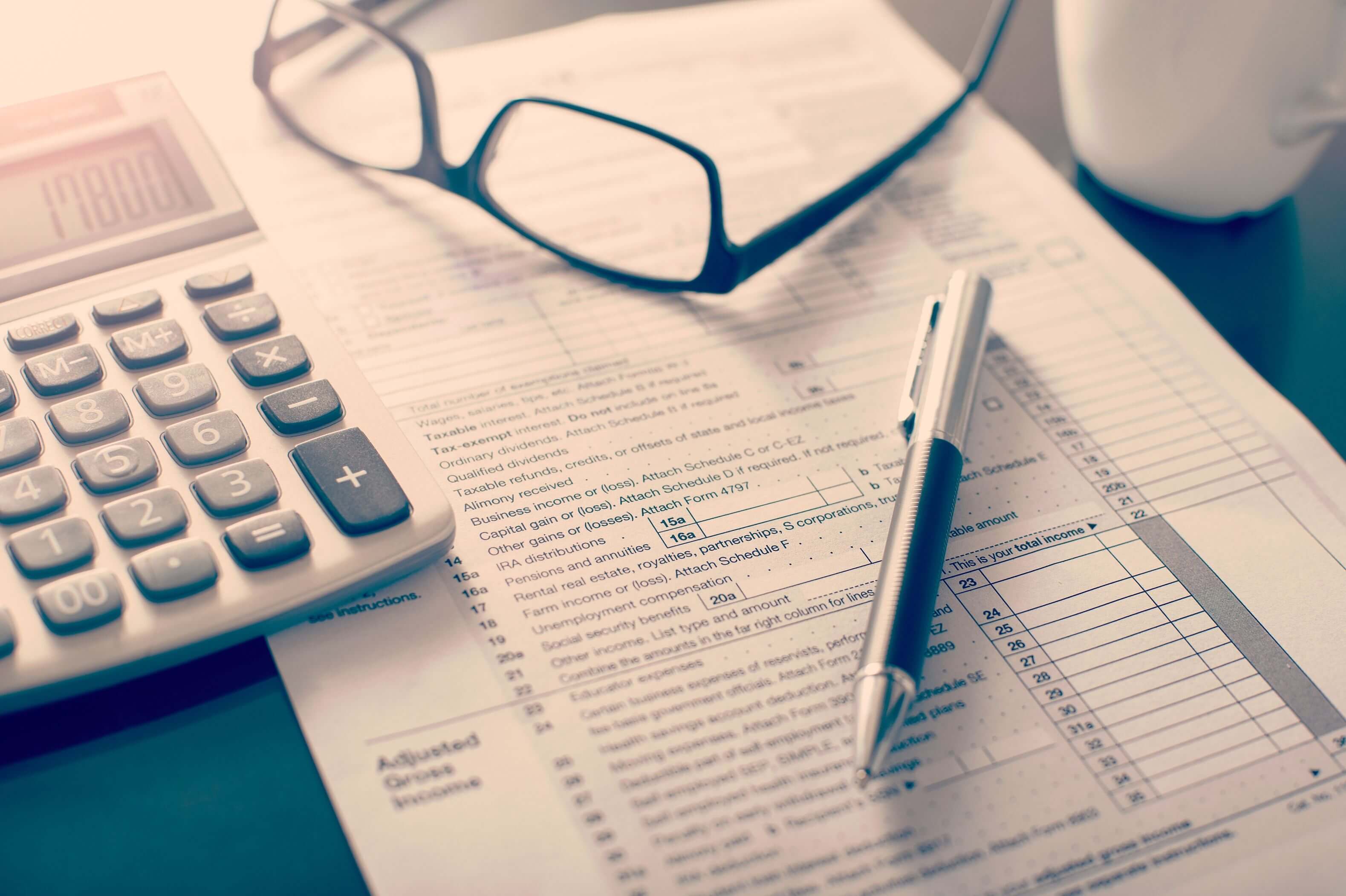What You Need to Know About Taxes on Precious Metals

Do you want to buy gold but don’t know how to pay taxes on precious metals? Here’s a short guide on taxes for physical gold and silver investments.

Do you want to buy gold but don’t know how to pay taxes on precious metals? Here’s a short guide on taxes for physical gold and silver investments.